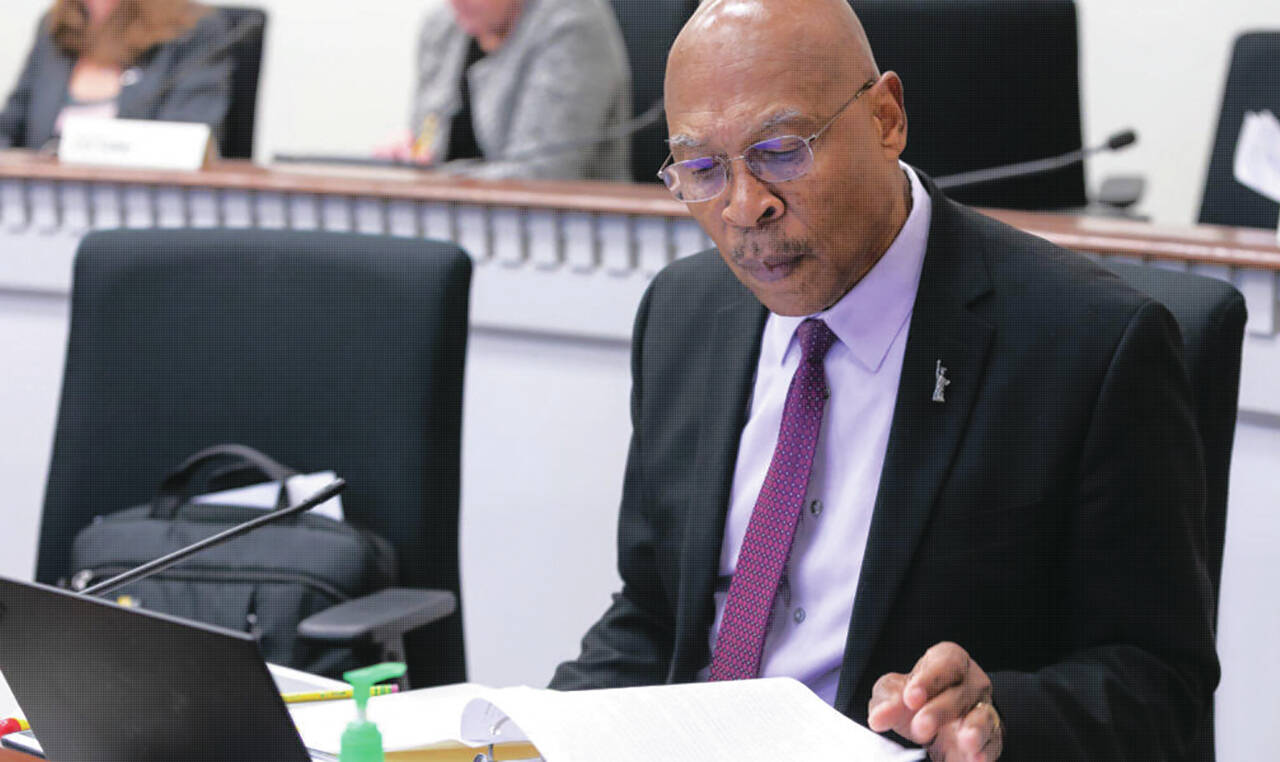By Aspen Anderson
Washington State Journal
Washington state ranks 51st in the nation for police officers per capita, and one answer to that problem might be allowing officers to work part-time.
SB 5424, sponsored by Sen. John Lovick, D-Mill Creek, awaits the governor’s signature.
“The idea behind these flexible work schedules is … intended to increase the diversity in Washington law enforcement,” Lovick said.
“To increase the presence of female officers and to retain senior officers who have a lot of value to provide but cannot maintain a standard 40-hour work week.”
His goal is to have a 30% increase in female officers by 2030.
Not all officers will qualify for flexible work schedules. This law applies to general and limited authority law enforcement officers and requires an officer to have an unspecified number of years of experience before qualifying.
To protect the workforce from becoming part-time, the flexible work hour program is available for only 3-5 years for each officer.
Until now, officers had to work full-time to maintain a position title, but that is an outdated requirement, many argue.
“This would have been valuable to my family,” said James Schrimpsher, police chief for the City of Algona James Schrimpsher.
“This has been a long time coming, and this is something that is needed for our profession.”
Chief Michelle Bennett of the Edmonds Police Department said she was forced to retire in 2021 when she became a single parent to four young children. Six months later, she returned to the department after finding childcare.
“I desperately wish I did not have to take that six months of time away from the retirement system, as it had pretty negative ramifications,” Bennett said.
“I know a number of officers who have babies or just had babies who are trying to come back to work,” she said. “I have folks that are retired that are looking for something to do.”
Sue Rahr, the previous executive director of the Criminal Justice Training Center, said she came to testify to put a “human face” on the experience of being a police officer and trying to raise a family.
After having her second son, she said she was exhausted all the time and became a lousy employee until she rebounded when her children entered grade school.
“I worried about keeping my job because I did not know what the rules were. There really weren’t any,” Rahr said.
“I have been waiting 38 years to see my profession evolve so that it becomes more manageable for all police officers who are managing family responsibilities.”
No one testified against the bill, but some raised concerns about officers’ collective bargaining rights. Collective bargaining covers things like pay, benefits, hours, time off, workplace safety and finding a balance between work and personal life.
Monica Alexander, executive director for the Criminal Justice Training Center, said the bill language should be amended to protect these rights.
“We have single fathers, single mothers, raising children, and maybe this is a great opportunity for them. They can still do their job but have a flexible work shift,” Alexander said.
“There is a lot of stress in the law enforcement community, and being able to maybe cut their hours down sometimes can give them the break that they need to take care of their wellness.”
No police training requirements will change for part-time officers. This bill will take effect 90 days after the session has ended.
“It’s time we look at different ways of doing things,” Lovick said.
“With the current recruitment and retention difficulties our departments are experiencing, we shouldn’t be forcing good officers to retire because of inflexible work schedules.”
The Washington State Journal is a nonprofit news website funded by the Washington Newspaper Publishers Association Foundation.



